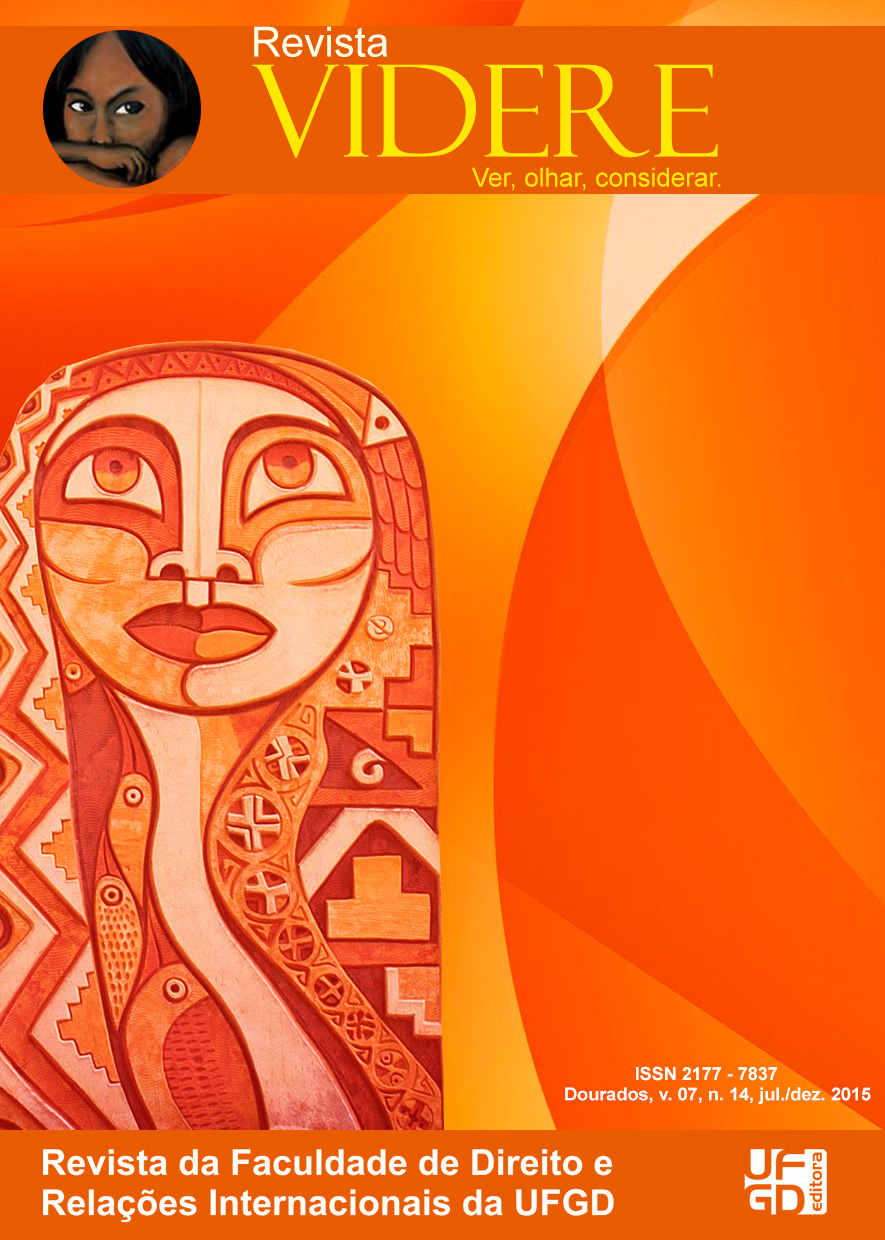El ordenamiento jurídico agroambiental cubano. Una ojeada a partir de la pertinencia de las ciencias ambientales en la reforma del modelo económico cubano
Keywords:
Desarrollo urbano. Fincas forestales. Principios ambientales. Agroecología.Abstract
La explosión mundial en interés por la búsqueda de nuevos caminos sustentables para la producir alimentos ha generado proyectos de investigación y experimentos tecnológicos de desarrollo; sin embargo, el mayor énfasis es todavía altamente tecnológico, enfatizando la sustitución de los insumos a fin de reemplazar las tecnologías agroquímicas costosas y degradantes por tecnologías seguras para el medio ambiente y que dependen de bajos insumos externo que permitan apreciar el contexto y la complejidad de los procesos agroecológicos. En Cuba es una prioridad potenciar la producción de alimentos sanos que no agredan al medio ambiente dentro de las formas de gestión. El artículo tiene como objetivo demostrar la necesidad de regular dentro del ordenamiento jurídico nacional y en especial dentro del Derecho Agrario el uso de la agroecología por su vínculo con las Ciencias Ambientales. Fueron empleados como métodos de investigación el exegético jurídico, análisis y síntesis, el histórico-lógico, e inducción-deducción.Downloads
Downloads
Published
How to Cite
Issue
Section
License
Authors must accept the publication rules when submitting the journal, as well as agree to the following terms:
(a) The Editorial Board reserves the right to make changes to the Portuguese language in the originals to maintain the cultured standard of the language, while respecting the style of the authors.
(b) Authors retain the copyright and grant the journal the right to first publication, with the work simultaneously licensed under the Attribution-NonCommercial-ShareAlike 3.0 Brazil (CC BY-NC-SA 3.0 BR) that allows: Share - copy and redistribute the material in any medium or format and Adapt - remix, transform, and create from the material. CC BY-NC-SA 3.0 BR considers the following terms:
- Attribution - You must give the appropriate credit, provide a link to the license and indicate whether changes have been made. You must do so under any reasonable circumstances, but in no way that would suggest that the licensor supports you or your use.
- NonCommercial - You may not use the material for commercial purposes.
- Sharing - If you remix, transform, or create from material, you must distribute your contributions under the same license as the original.
- No additional restrictions - You may not apply legal terms or technological measures that legally restrict others from doing anything that the license permits.
(c) After publication, authors are allowed and encouraged to publish and distribute their work online - in institutional repositories, personal page, social network or other scientific dissemination sites, as long as the publication is not for commercial purposes.



















